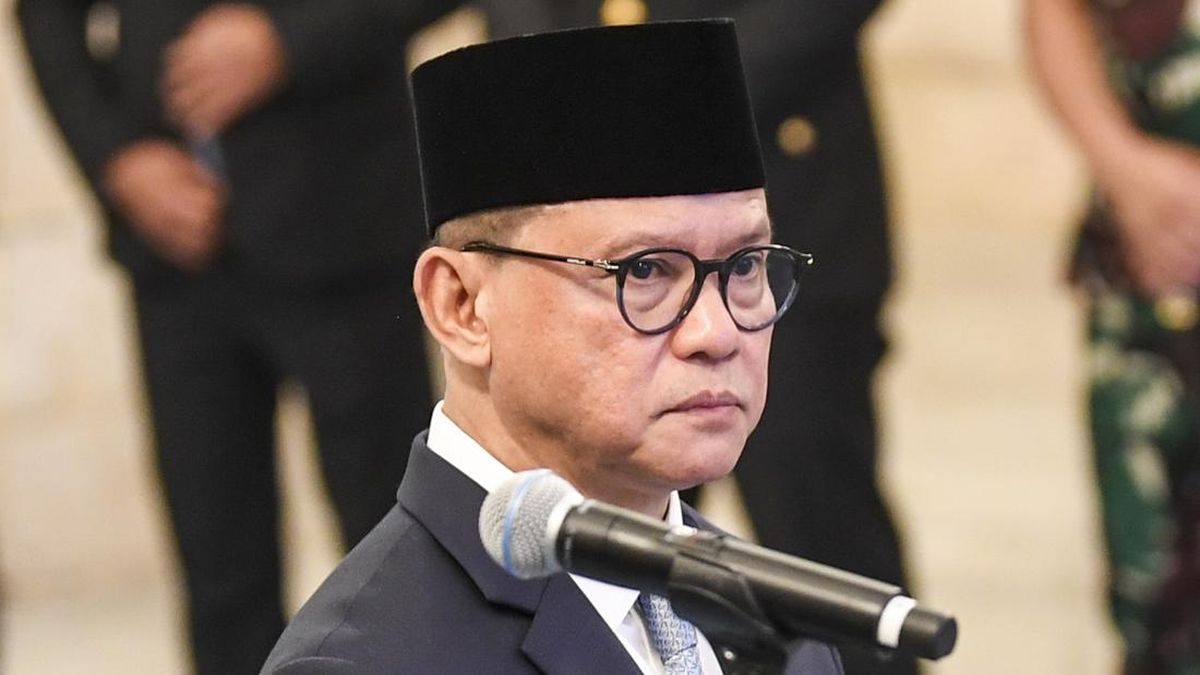In a welcome display of proper process and reasonable judgment, the Australian government has committed to buy 11 Mogami-class frigates from Japan to replace the ageing ANZAC-class frigates (three to be built in Japan, the rest in Western Australia). The Mogami-class is an advanced and settled design; Mitsubishi Heavy Industries is experienced and seemingly reliably produces these ships; and Japan is an important security partner in Australia’s region.
It is a positive departure from the theatre of the absurd that has recently characterised the Australian government’s approach to security, especially its pandering to British delusions and determination to flog the dead horse that is AUKUS. Just the preceding month of July saw a conga line of such folly. Examples are as memorable as they are depressing.

The leaders of the AUKUS nations, Keir Starmer, Anthony Albanese and Donald Trump.Credit: Sydney Morning Herald
Britain’s commitment to the defence of Australia was declared to be ”absolute“, according to the UK Defence Secretary John Healey, in a show of solidarity as substantive as a mirage within a hologram within a dream. But it is not Australia’s dream. Australia remembers the fall of Singapore and the tissue-like protection of British security guarantees. It is exclusively a British dream, and one that should receive no traction in Australia.
At the heart of this imperial hallucination lies the AUKUS fallacy – the belief that Australia’s defence and security is well served by the acquisition of eight nuclear-powered submarines; that the US will magically increase production of its Virginia Class submarines from 1.2 to 2.3 per year, enabling it to share some with Australia; and that the UK and Australia are capable of developing from scratch a new nuclear-powered submarine within a suitable timeframe and to an acceptable level of reliability and capability (noting that Britain’s current Astute-class nuclear attack submarines are often not at sea, including now, when all seven of them are wharf-side in repair or awaiting repair).
The deficiencies and contradictions in the AUKUS submarine project are so great that in the commercial world such a prospectus would not gain one investor. It is accordingly irresponsible for the Australian government to bankroll such a doomed venture to the tune of $368 billion, which could be better used in real, effective and appropriate defence platforms and munitions, equipment and personnel, not to mention hospitals, schools or even houses.
Loading
Apart from the unfortunate but telling example of British maritime industrial inability as demonstrated by the Astute-class submarine, Australia has also been burdened by Britain’s contribution to the Hunter frigates, which Strategic Analysis Australia director Michael Shoebridge has described as a ludicrous waste of money for very little military capability.
In this context, the bilateral Nuclear-Powered Submarine Partnership and Collaboration Treaty, known as the Geelong Treaty, signed by Australia’s Defence Minister, Richard Marles, and Healey, condemns Australia to providing the UK with ongoing industrial support for the next 50 years.
Of course, the signatories present the heralded collaboration as vital to Australian and UK shared security interests, but such an assertion collapses under analysis of UK security interests in Australia’s region, UK military capabilities available now or in the future to defend Australia, and UK military industrial capabilities to design, manufacture and maintain the submarine capabilities of its imaginings.
Remarkably, on the other side of the globe, while at home, Healey readily admits that UK military forces are so depleted that they could not repel an invasion of the UK itself. Consider then the quality of the “absolute” commitment to the security of Australia. Indeed, one can only imagine the comfort felt in Taipei, and the fear overwhelming Beijing, at Healey’s suggestion that Britain, in concert with Australia, would deter China from aggression, or defend Taiwan against China if deterrence failed.
Loading
It is not anti-British to point out the gap between the exaggerated claims of some of its politicians and reality. There was a time when Britain ruled the waves. But Nelson is long dead. Australia needs to look clearly at its own defence and security requirements and, to the extent it can, develop capabilities that are sovereign, effective and sustainable. The Mogami-class frigates decision may be such an example.
Alternatively, Australia is at risk of a perfect storm of UK moral support without the capability to back it up, and US equivocation that exposes the risks inherent in Australia’s unnecessary fixation with having a great and powerful friend to defend it from the neighbourhood in which it exists.
US President Donald Trump and his administration have cast America’s international role in the most narrow sense of “America first”. The fact that the Pentagon is reviewing its commitment to AUKUS, and in particular whether the US should provide Australia with Virginia-class submarines, should surprise no one. The consequences of the review could condemn AUKUS, given the lack of availability of Virginia-class submarines. Australia’s former ambassador to the US, Joe Hockey, told the ABC: “If we do not get the Virginia-class submarine in 2032, we have no options left. We have no submarines.”

Credit:
Contrast the Japanese frigate decision with AUKUS, which had an acquisition process that barely extended beyond a few politicians led by former prime minister Scott Morrison.
Shakespeare describes futility well in Macbeth’s “tomorrow” speech. To unfairly edit that ending can also capture the essence of AUKUS:
[AUKUS is] but a walking shadow, a poor player,
That struts and frets [its] hour upon the stage,
And then is heard no more. It is a tale
Told by an idiot, full of sound and fury,
Signifying nothing.
David Livingstone is a former Australian diplomat and an international security and strategy specialist. He served as deputy head of mission in Iraq between 2011 and 2012.
Most Viewed in National
Loading


















































